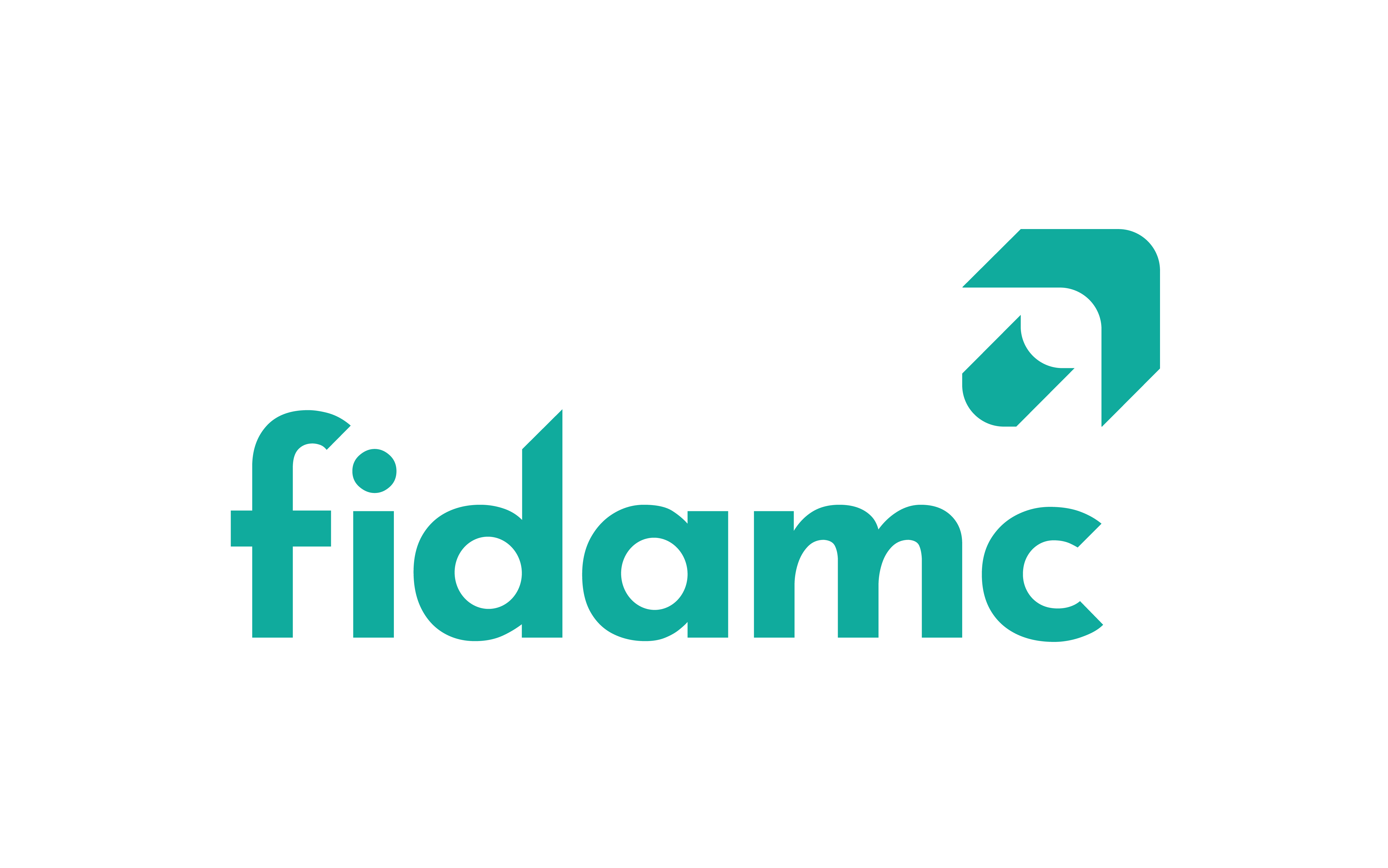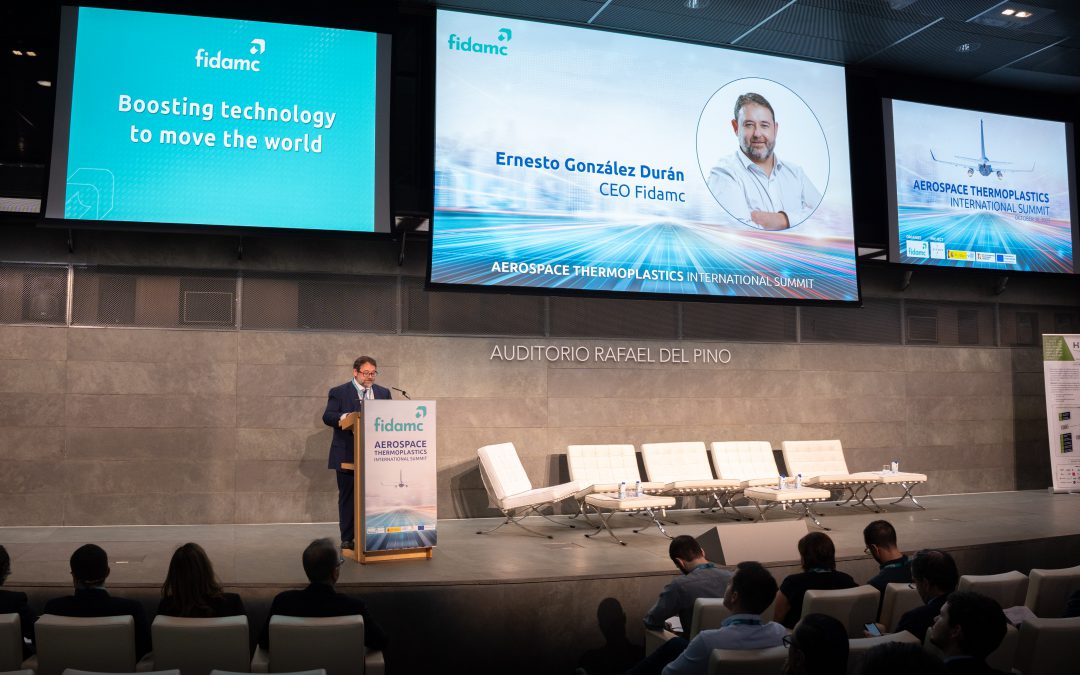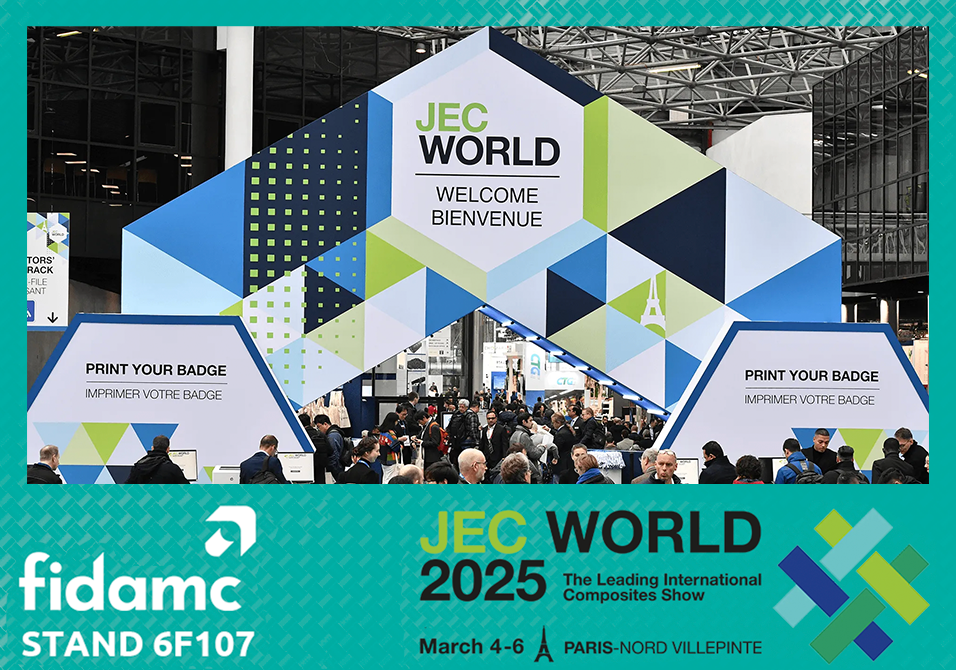The Aerospace Thermoplastics International Summit, organised by Fidamc in Madrid, brought together leading representatives from the aerospace industry, public institutions, technology centres and universities to discuss the challenges and opportunities that will shape the future of the sector.
The meeting was opened by Ernesto González Durán, CEO of Fidamc, who stressed that "we are living in times of profound transformation in the aviation sector". He then gave the floor to Ricardo Rojas, president of commercial aircraft at Airbus in Spain, who highlighted the strength of the aeronautical sector and Spain's key role in its growth. ‘Airbus forecasts a need for more than 43,000 aircraft over the next 20 years, which will require increased production and address challenges in the supply chain, talent and innovation,’ he said. He also pointed out the importance of investment in R&D, digitalisation and new thermoplastic materials, and recognised the role of Fidamc as a ‘bridge between research and industry’ in developing the technologies that will shape the next decade.
The summit, conceived as a space for strategic and technical exchange, brought together leading experts in six colloquiums that addressed key issues such as aerospace strategy and financing, the challenges facing original equipment manufacturers (OEMs), the industrialisation of thermoplastic materials, innovation in equipment and materials, and the role of the global research ecosystem.
Technological sovereignty and sustainability
The colloquium on Aerospace Strategy and Funding Opportunities brought together Juan Francisco Reyes (CDTI – Horizon Europe NCP), José Javier Martín Cañizares (Regional Government of Andalusia), Jaume Marcos (President of PAE) and Héctor Guerrero (Ministry of Science, Innovation and Universities – PERTE Aerospace). Moderated by Silvia Lazcano (Fidamc), they agreed that the sector is undergoing global expansion, driven by the need for technological sovereignty and sustainability. The role of PERTE Aerospace, with an investment of more than €2.8 billion, and the future Alliance for Spanish Aerospace, aimed at strengthening public-private collaboration, were highlighted.
At the regional level, the Andalusia Aerospace Strategy, with an investment of €574 million until 2027, and the creation of the Net Zero Jerez Aeronautical Hub for sustainable aviation in Jerez were highlighted as examples of institutional cooperation and talent attraction.
At European level, the importance of the Clean Aviation and CESAR programmes was highlighted, as well as the need to improve Spanish participation in Horizon Europe calls for proposals in order to strengthen competitiveness and innovation capacity.
The colloquium on Future Challenges for Original Equipment Manufacturers (OEMs) featured Susana Carballo (Airbus), Carlos Bello (Boeing) and José Francisco Beltrán París (ITP Aero), moderated by Isaac Pérez Fafian (Fidamc). The debate focused on two major challenges: sustainability and increasing production rates. The opportunities offered by thermoplastic materials to address these challenges were also discussed: sustainability, through recyclability, and production rates, through stamping, in-situ consolidation or welding solutions for thermoplastic materials that enable increased production rates.
OEMs agreed that the growth in air traffic—estimated at 3.5% per year—will require the production of more than 40,000 aircraft in the coming decades, which will demand new materials, more efficient processes and the incorporation of technologies such as artificial intelligence and advanced automation.
The challenges of certifying new propulsion architectures, the use of hydrogen and sustainable aviation fuels (SAF), and the need to adapt regulatory frameworks to new technologies were also addressed. In defence and space, the importance of cybersecurity and cost reduction in space systems was highlighted.
Thermoplastics: repairability, recyclability and weight reduction
Challenges of the industrialisation of thermoplastic materials, the third colloquium, brought together Enrique Sánchez (Aernnova Composites), Raúl Arranz (Aciturri) and Salvador Romero (Fokker). The experts agreed that the leap to the industrialisation of thermoplastic materials requires automation, process standardisation and technological maturity.
It was emphasised that these materials offer clear advantages in terms of repairability, recyclability and weight reduction, but still require investment in equipment and training to achieve the necessary scale of production. Collaboration between manufacturers, technology centres and OEMs was identified as the decisive factor in consolidating the value chain and accelerating industrial adoption.
The discussion on Innovation in equipment was attended by Iñigo Idareta (Mtorres), André Bertin (Coexpair Dynamics), Maarten Bach (KVE), Mael Farinas (Coriolis) and Marcus Kremers (Airborne) and was moderated by Félix Domínguez (Fidamc).
The participants analysed how advances in automation, digitalisation and on-site consolidation are transforming the manufacture of thermoplastic components. They highlighted the need to develop more robust, modular and efficient equipment capable of matching the speeds of thermoset processes.
The importance of collaboration between equipment developers, OEMs and certification authorities was also discussed, as well as the definition of process standards that would enable more agile certification of these emerging technologies.
Innovation in materials featured the participation of Nathalie Schmitz (Hexcel), Mark Bouwman (Toray) and Johannes Treiber (Syensqo) and was moderated by Laura Ogalla Escolano (Fidamc).
The experts agreed that thermoplastic materials are key to achieving more sustainable and competitive aviation, but that their development requires precise processes, greater standardisation and economies of scale.
They highlighted their potential in terms of recyclability, durability and reduction of overall production costs, as well as the role of technology centres as agents of knowledge transfer between research and industry. They also advocated moving towards greater harmonisation of certifications and processes in Europe in order to accelerate their industrial adoption.
The final panel discussion of the Summit, Global Research Ecosystem, featured David Leach, Rens Pierik (TPRC) and Isabel Martín (Fidamc), moderated by Antonio Fernández, head of the Composite Materials and Intelligent Structures group at ETSIAE/UPM.
Global R&D collaboration network
The debate highlighted the importance of a global R&D collaboration network connecting universities, research centres and companies. The need to align European technology agendas and promote closer cooperation between centres of excellence to share infrastructure, data and methodologies was emphasised.
The speakers agreed that the next decade will be decisive in consolidating an international ecosystem for aerospace thermoplastics, where applied research and industrial innovation act in a coordinated manner.
The event was closed by Ernesto González Durán, CEO of Fidamc, who stressed that change in the sector is ‘exponential’ and that the only way to respond to this pace is through technology and international cooperation.
He underlined the importance of building a global innovation network around thermoplastics, enabling Europe and the world to maintain their leadership in advanced aerospace materials.
"Progress is not measured by the speed of technology, but by the strength of the community behind it", said González, thanking all the speakers and attendees for their participation and reaffirming Fidamc's commitment to more sustainable, collaborative and competitive aviation.


